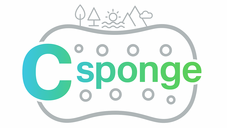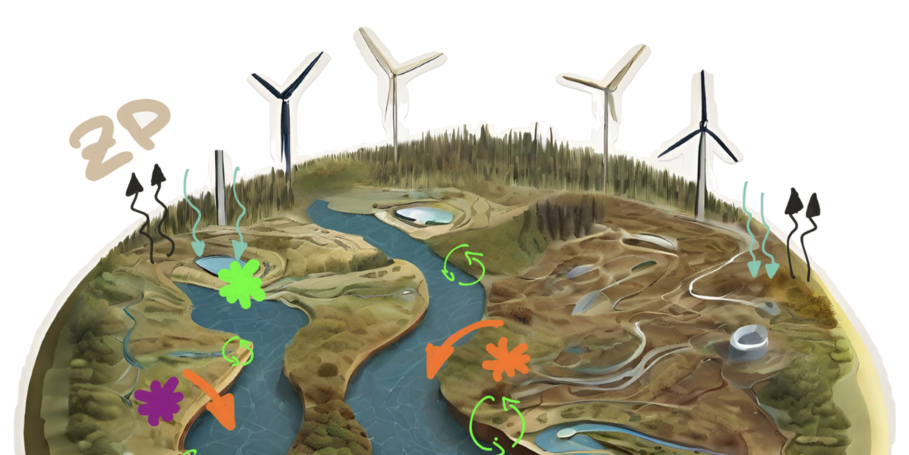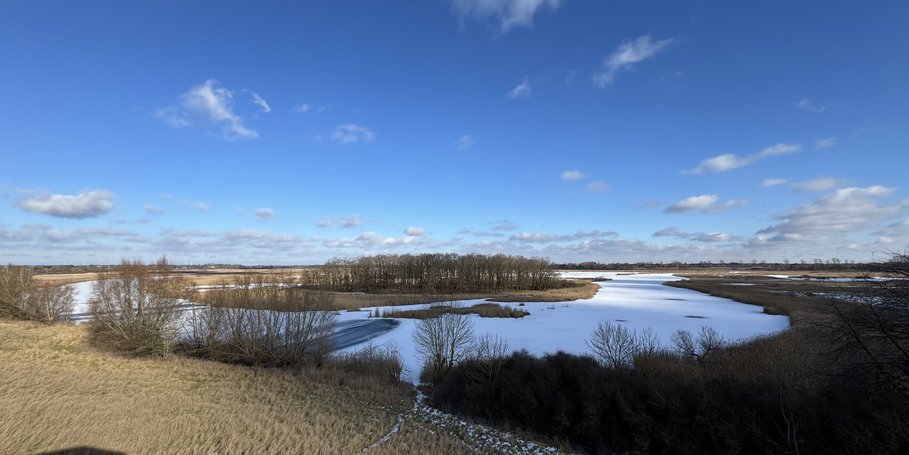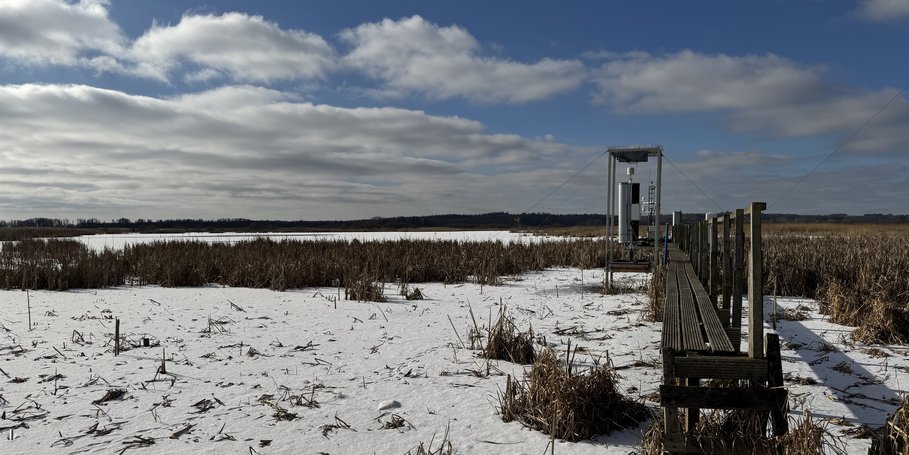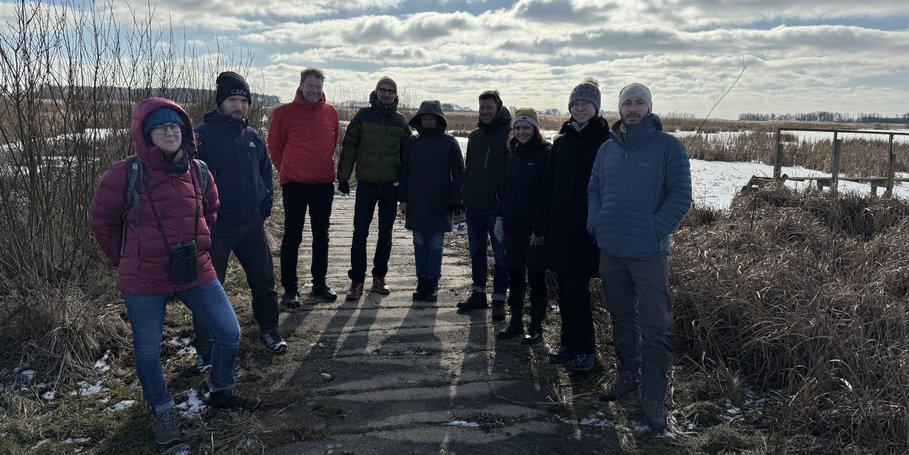In this project, funded through the InnoPool program by the Helmholtz Research Field “Earth and Environment” we aim to develop a new landscape-scale concept for future land use or management that takes into account their carbon storage potential with the aim of achieving “net-zero landscapes”.
Landscapes can store carbon, fixed through photosynthesis by plants, in soils and sediments. This stable carbon can become a long-term sink for atmospheric carbon when it is transferred by rivers into geological basins (such as deep ocean sediment). Since several thousands of years, humans have been engineering fluvial landscapes to make them more efficient for agriculture and transport. While these activities alter biogeochemical fluxes, their effect on the carbon cycle is unquantified.
In a joint project with a team of partners at the GFZ as well as the Helmholtz Centre for Polar and Marine research (AWI) and the Helmholtz Centre for Environmental Research (UFZ) we aim to understand and quantify mechanisms of carbon fixation, stabilization, transformation and mobilization in fluvial systems over geologically relevant timescales. By using sedimentary archives of the recent geological past (Common Era, Holocene) we aim to identify natural (i.e. paleoclimatic) and anthropogenic disturbances of landscapes and their effect carbon stabilization and storage.
This project (2025-2028) will aim at quantifying the effect of natural processes and human engineering in river systems in Northeastern Germany – with a focus in the Oder and Peene Rivers. We use a diverse set of tools, from sedimentology, geomorphology, paleoclimatology, organic and inorganic geochemistry on fluvial sediments and marine archives to trace changes in carbon sourcing, stabilization and transformation during periods of natural climate variability and major human disruptions.
- Torsten Sachs, GFZ Helmholtz Centre for Geosciences, Section Remote Sensing and Geoinformatics
- Susanne Liebner, GFZ Helmholtz Centre for Geosciences, Section Geomicrobiology
- Gesine Mollenhauer, Alfred Wegener Institut (AWI)
- Oliver Lechtenfeldt, Helmholtz Centre for Environmental Research (UFZ)
